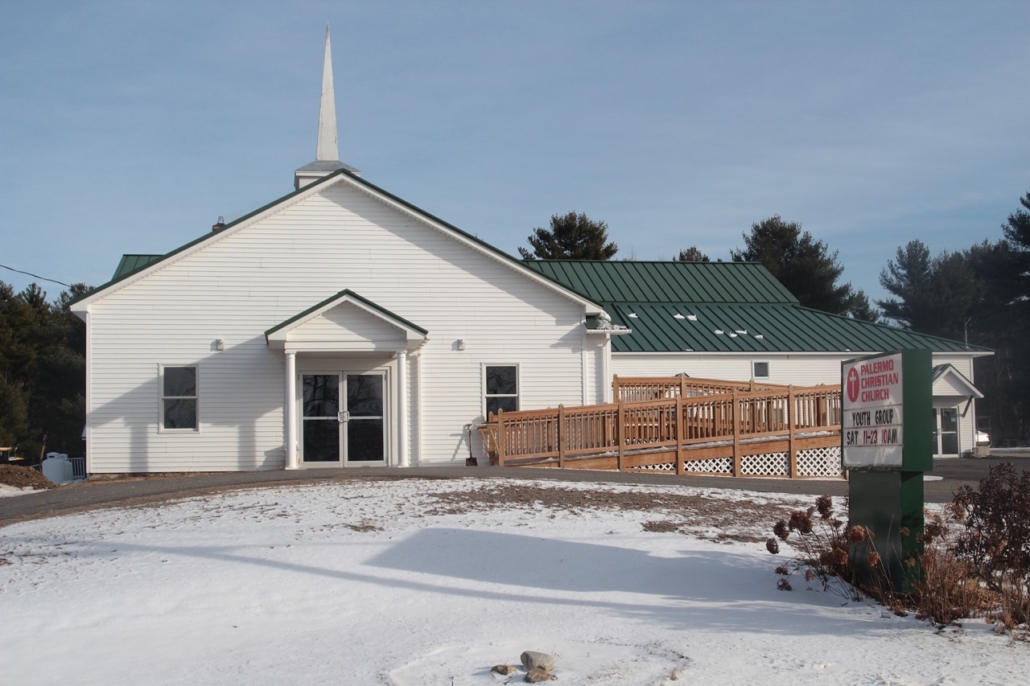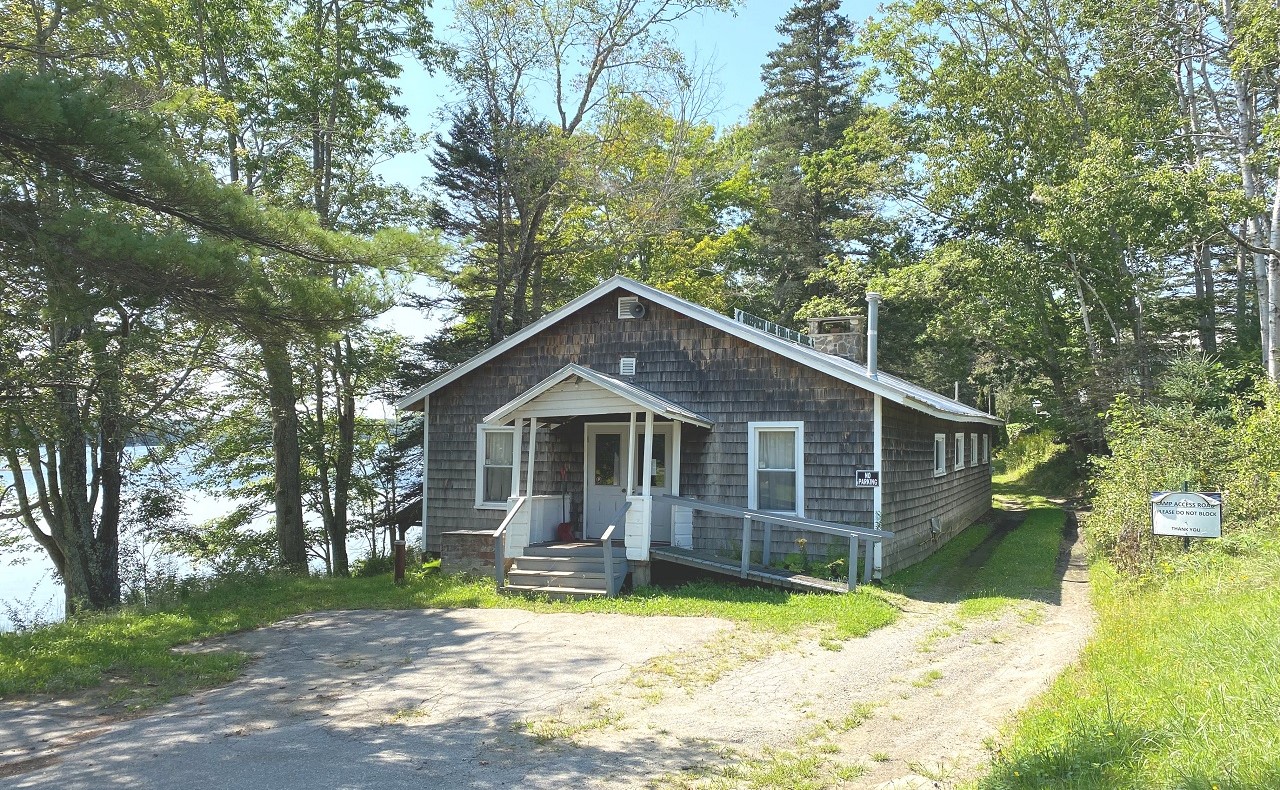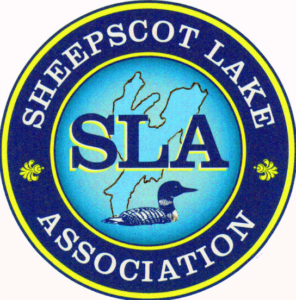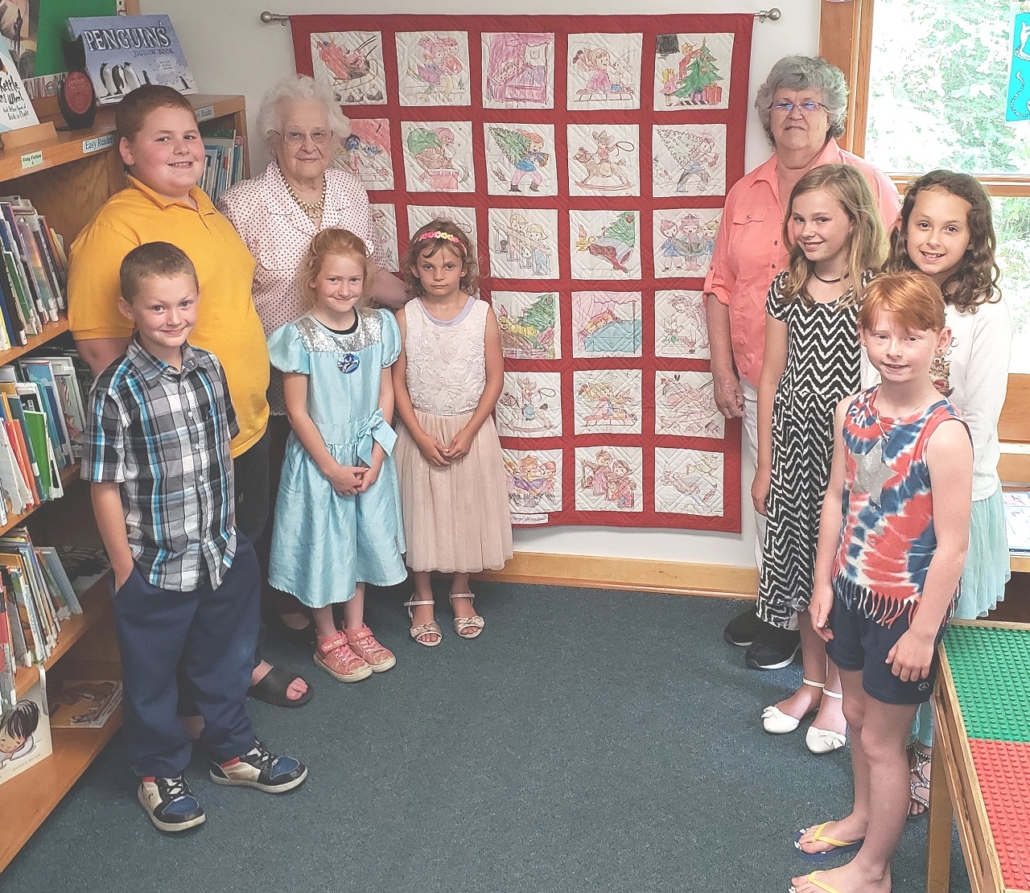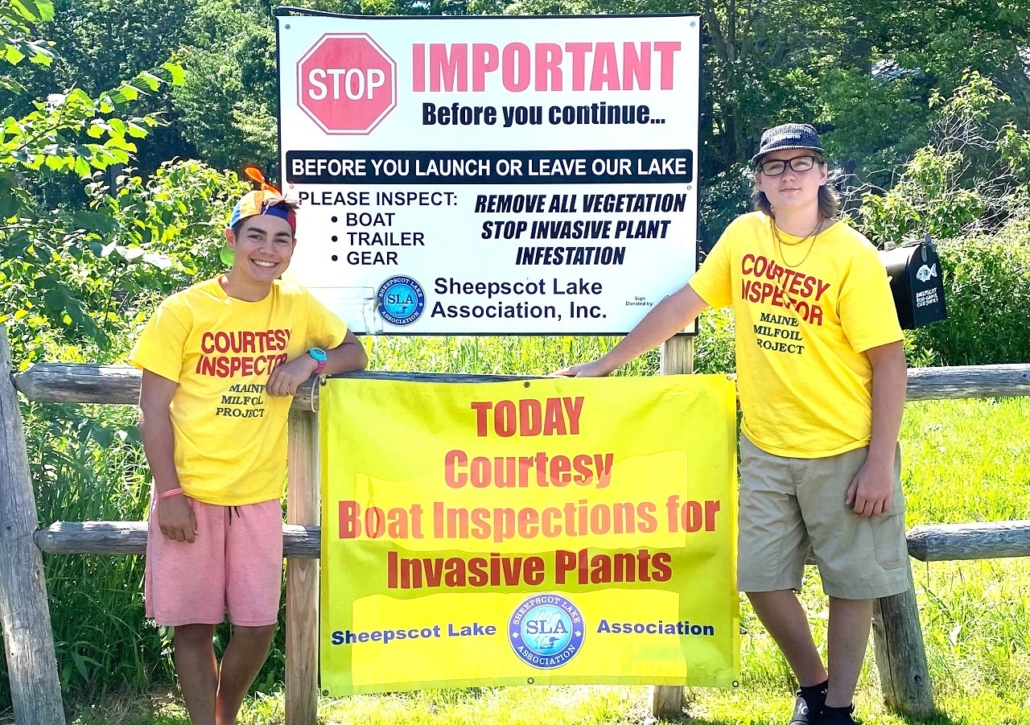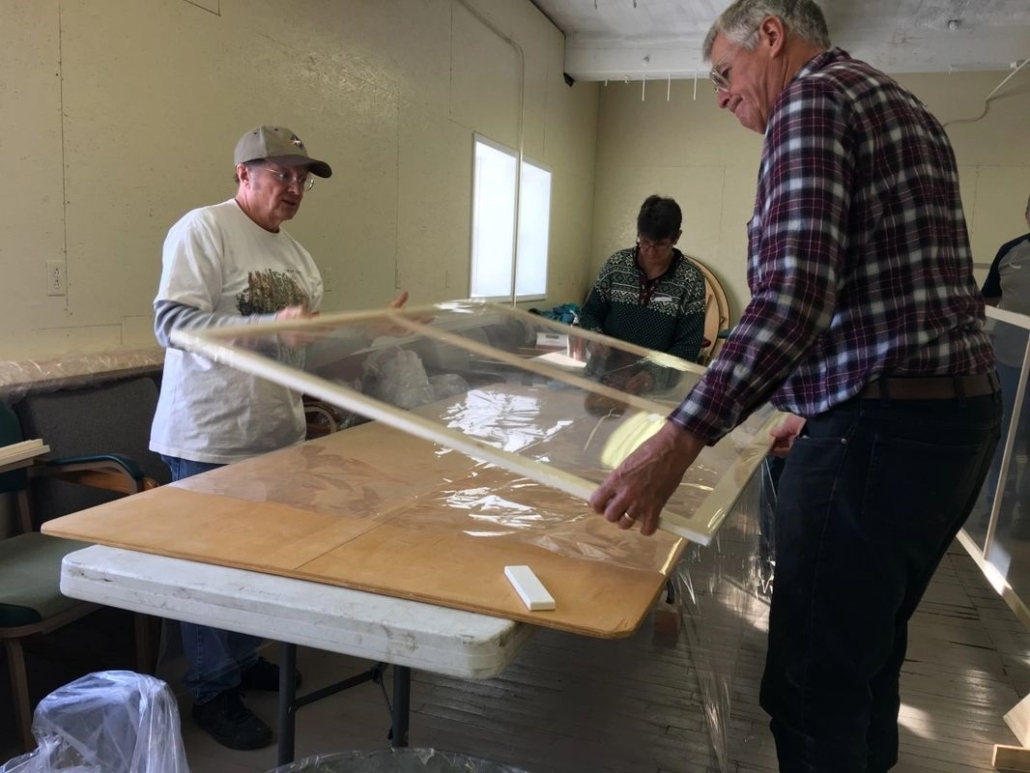China Transfer Committee discusses raising transfer station fees for Palermo residents
 by Mary Grow
by Mary Grow
China Transfer Station Committee members held a special Sept. 21 meeting to talk about increasing fees charged to Palermo residents. The meeting was consistently cooperative and courteous, with each town’s representatives expressing appreciation to the other’s.
According to the discussion, the 17-year contract allowing Palermo residents use of China’s transfer station was signed in June 2016 and was effective Jan. 1, 2017. It prescribes an annual $18,000 payment from Palermo to China; sets fees for Palermo mixed solid waste, which must be in bags that China buys and Palermo residents pay for; and includes China’s right to increase fees charged to Palermo, with at least six months’ notice.
China cannot increase fees by more than the cost-of-living increase (a prescribed measurement and time period are in the contract), except as needed “to cover any ‘pass-through’ costs (such as increases in tipping [disposal] fees) and federal or state mandated policies” that increase transfer station costs.
Representatives of both towns had calculated the consumer price increase since the beginning of 2017. They presented similar figures: China Committee Chairman Lawrence Sikora figured about 13.3 percent, Palermo representative Bob Kurik about 12 percent.
The two men agreed the consumer price increase would justify a recommendation to increase the price of a large trash bag from $2 to $2.25.
China Town Manager Rebecca Hapgood observed that the large bags now used are 33 gallons, not the 30 gallons specified in the contract. There are also 15-gallon bags, priced in the contract at $1.25; they are so little used that over the years the price has been reduced, Kurik and Hapgood said.
There was a long discussion of pass-through costs before committee members agreed that they include four components: tipping fees; transportation; state or federal mandates (no one was aware of any); and higher costs for the Town of China buying the bags.
They do not include pay increases for transfer station staff, because those are defined as part of operating costs that China pays.
Committee member Ashley Farrington had reviewed records from 2017 to Aug. 1, 2021, to prepare information on tipping fees and trucking costs. Committee members did not translate them into a figure to be recommended as an increase.
The trash bags are used for mixed solid waste, the stuff that goes into the hopper at the transfer station. Another component of trash is larger items like furniture and carpets. Sikora and Farrington had collected information to start a discussion of fees for such items, but committee members made no decisions.
Sikora prepared a table based on average weight of different items, as listed in an on-line guide for moving companies. It appeared that if the transfer station charged the new 10-cents-a-pound fee for demolition debris that selectmen approved Aug. 30, disposal fees for some items would increase significantly.
The most conspicuous example was a sleeper sofa, for which a transfer station user is now charged $10. If the typical one weighs 275 pounds, as the guide said (committee members had doubts), the new disposal fee would be $27.50.
These fees for special items apply to China and Palermo residents equally.
Committee member Mark Davis warned his colleagues not to recommend fee increases so big that residents would resort to roadside dumping.
He extended his comments to ask whether the transfer station is supposed to make a profit, or to provide a service to residents. Sikora reworded the issue; it is not a question of profit, but of seeking the appropriate balance between defraying costs and providing service.
Transfer Station Committee members scheduled their next regular meeting for 9 a.m., Tuesday, Oct. 12.


